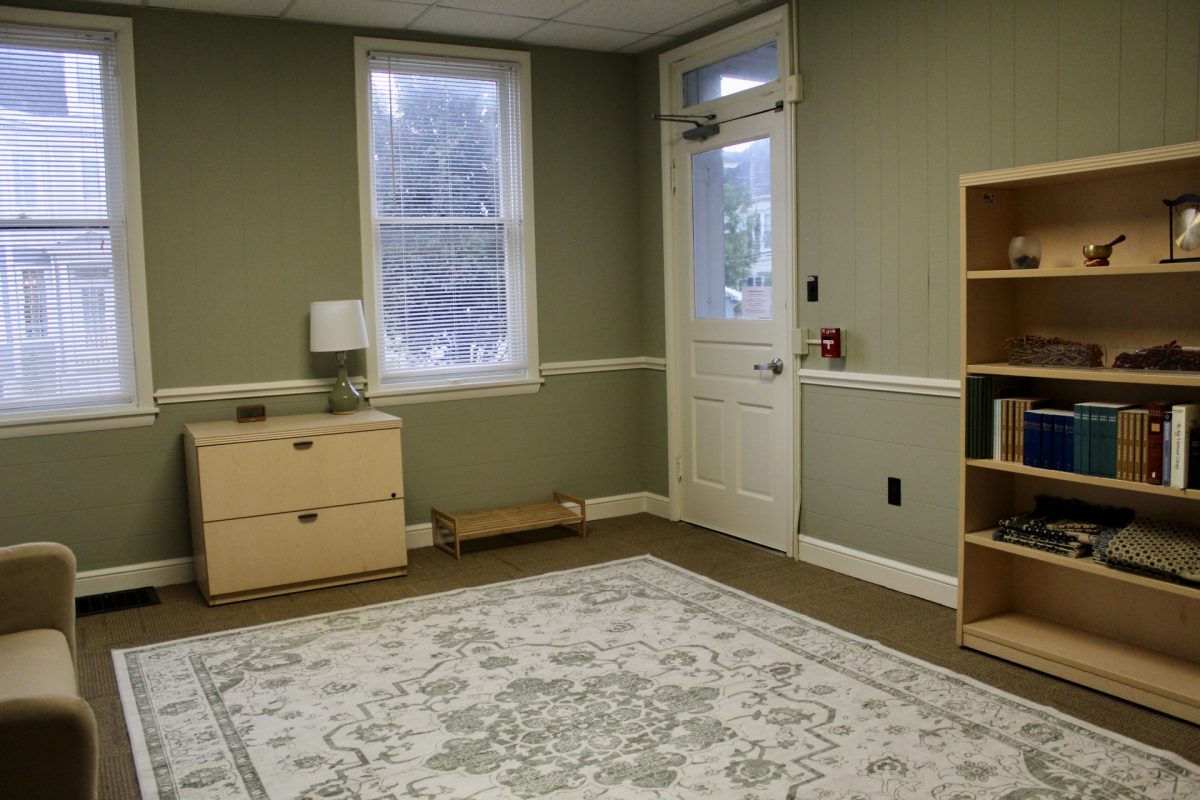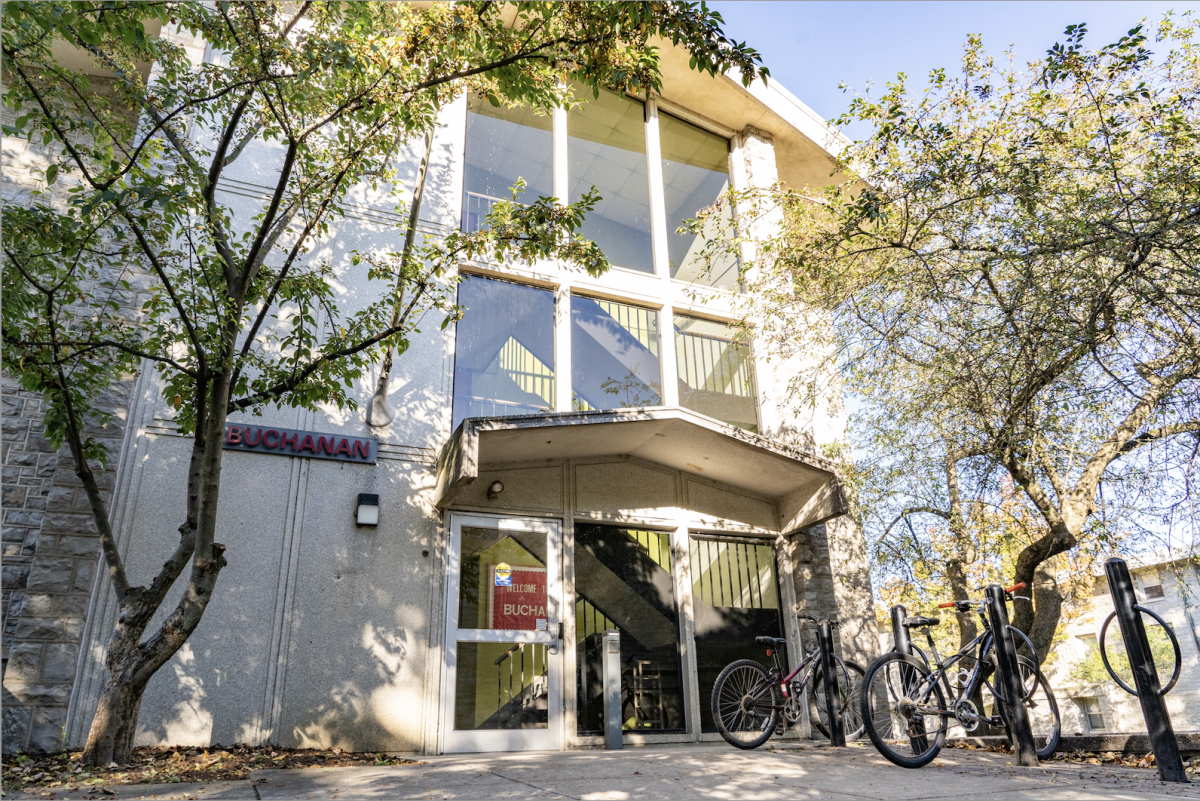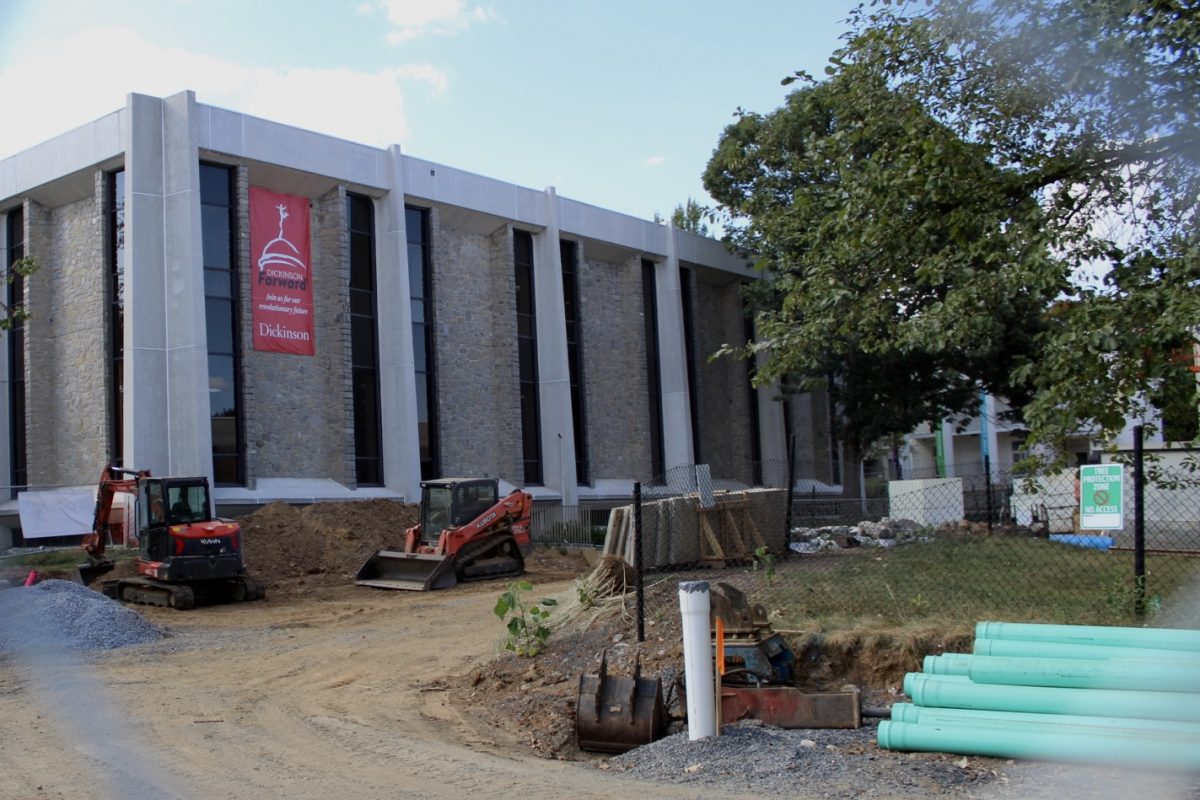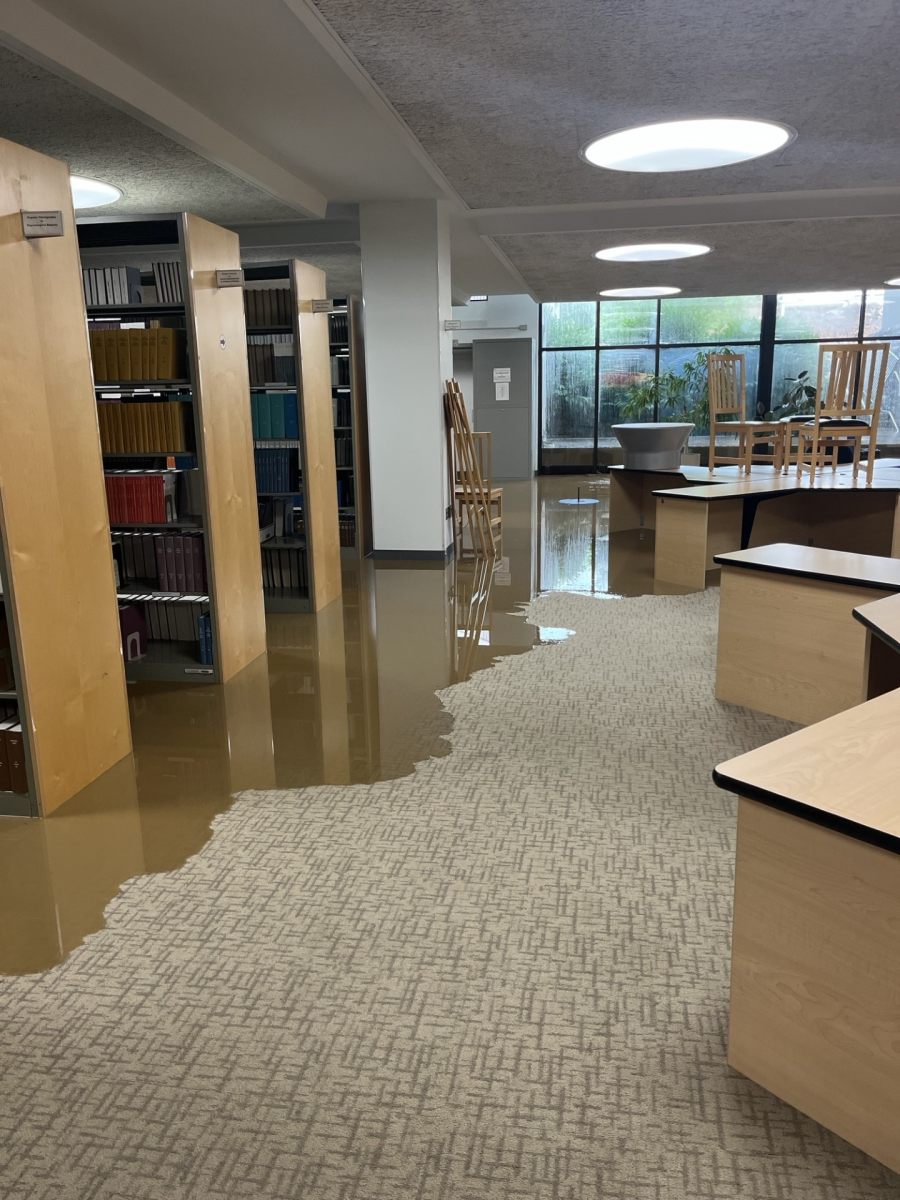The U.S. political scene got another shakeup in November, as there was a hotly contested national election. With the presidential, House of Representatives, and many U.S. Senate races, there were many opportunities for campaigning and for politicians to reach out to voters. This election had driven much of the conversation on campus in the past few months.
As with any election, the conversation has now shifted from questions of who will be president to what the new Trump administration means for the country. The Dickinsonian sat down for a discussion with three Republican-leaning students and three Democratic-leaning students to see what their opinion on what a post-election America would look like and what we can look forward to and learn from this election. This was also an opportunity for people from both sides of the political aisle to come together and discuss how they were feeling in the current moment.
Students were first asked how they were feeling after the election and what they have been experiencing on and off campus. While talking to the students there was a wide range of emotions. Trace Maneval ’27, vice president of Dickinson College Republicans, is feeling very optimistic after this election, saying that the results “gave me a good sense of security, knowing that my views were representative of over half of the country.” However, some feel less optimistic, as Jack Fechter ’26, social media chair of Dickinson College Democrats, said “The biggest feeling I’ve been having is a worry … I’ve been keeping up with the cabinet picks and the red sweep, and it’s concerning.” The on-campus feeling has been mixed as well, with Ryan Bergh Thies ’25, president of College Democrats, saying “ t was a massive defeat for Democrats, and there’s been a lot of sober emotions on campus.”
In fact, during the interview, it seemed that many in the group felt that their interactions on campus have been much less positive than before the election. Dylan Stroppa ’27, secretary of College Republicans, said there are “Not a lot of great feelings on campus. For example, I feel like I have had friends who have turned away, and given me a bit of a cold shoulder, and it’s not a great feeling. I’m hoping as the temperature starts to cool down people start to become respectful again.”
This doesn’t seem to be an isolated incident, as Matthew Craig ’25, president of College Republicans said, “Following the election there has been some vitriolic and disgusting comments made from both sides on Yik Yak, and that’s something that needs to be addressed.”
On the other hand, there has been some hostility towards Democratic-leaning individuals. Alden Miller ’26, who considers himself more Democratic-leaning, said that “a lot of people are afraid of what could happen, especially with people online on the far right side […] saying some very vitriolic things.”
Later in the conversation, they discussed the national implications of this election and what it means for the future of the country. They first talked about what they were looking forward to in the new administration. Multiple people said that they were looking forward to how the Trump administration might deal with border issues, as well as hoping that the Trump administration can deal with current economic issues. Much of this optimism does come from the fact that Republicans currently hold a trifecta. As Stroppa said, “I think Donald Trump is going to be able to fix the economy, and these other things that he said he’s going to fix, especially with a full Republican Senate majority, House ,ajority and the White House, he’s going to be able to get these things done.”
A worry however comes with Trump’s controversial cabinet picks and his plans for how certain agencies are run. “I’m looking at these picks and like, I’m fearful for the Department of Education because there’s been a lot of talks about getting rid of that. And having [Robert F. Kennedy Jr.] in charge of the Department of Public Health and the things he talks about doing, to someone who is looking at the medical field, it concerns me,” said Miller.
There were also mixed emotions on what the future of the U.S. political climate would be like following this election and whether the country could unify again. In this group of six, there was a three and three split on whether they felt we could take a chance to unify, or if we would continue to be divided. Bergh Theis says that “What we have to do is not only elect politicians that are going to stop the division and create positive policy, but also reground themselves in our communities to pull ourselves from this division coming from Washington.” While Craig also agreed that he said “I believe that we can get back to a point where we’re unified, not necessarily in the sense of agreeing, but in understanding the respect of agreeing to disagree.”
However others had disagreed with this optimistic outlook, as Miller said, “I wish I could say it’s going to get better but I don’t think I can say that without lying through my teeth … we’re currently in a time where most people socialize through the internet and social media profits through engagement which is created when people disagree.”
On campus, there is a mix of optimism and worry about how things will be after this election. However, this panel of students made it clear that they all were willing to have conversations with others on the other side of the political spectrum. And while they disagreed on a lot, this was something they agreed on. There is a video of this interview that will be posted on The Dickinsonian’s YouTube channel for those who are interested in watching.










